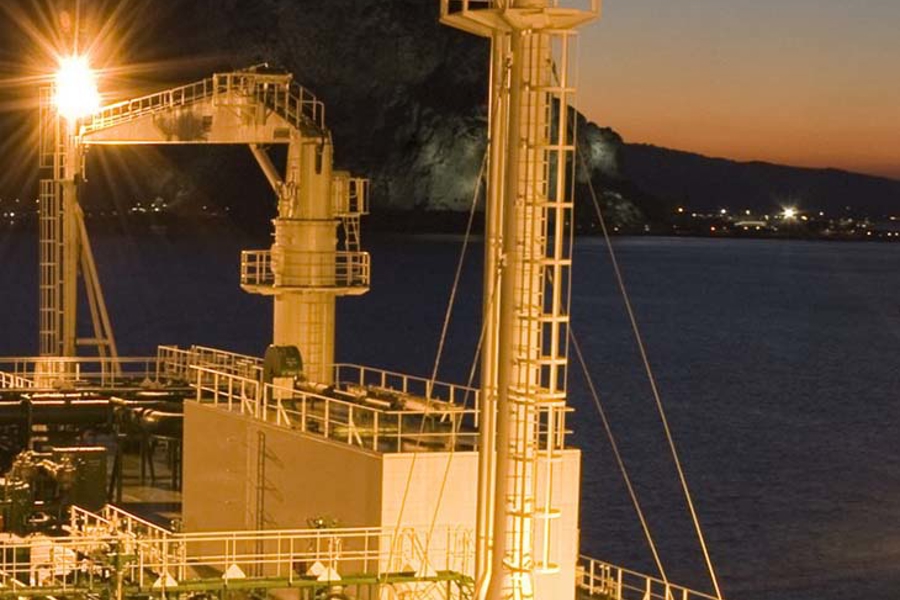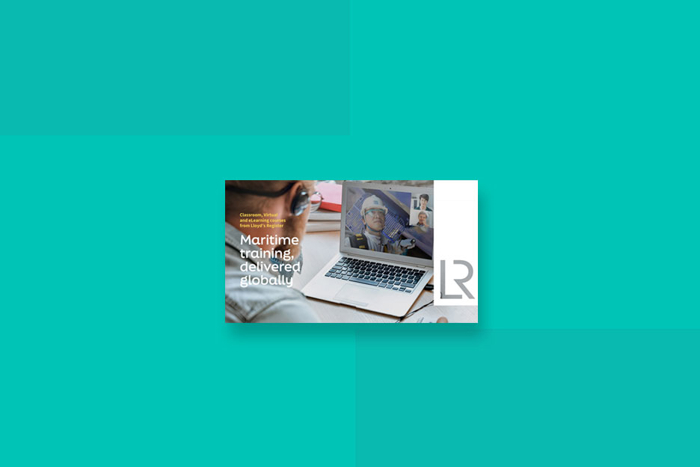
This one-day course explains the principles of marine fuel management. You’ll gain a greater understanding of marine fuels, fuel quality standard, fuel quality trends and learn how to prepare fuel management on-board step by step.
Overview
Marine fuel represents one of the most significant operational costs for ship operators. Not only is marine fuel very costly but the impact of poor quality fuel could put the safety, operational and environmental performance of a ship at risk.
The upcoming change in sulphur regulations in 2020 will put pressure on the marine fuel supply chain. This is likely to result in wide variations in fuel quality that would be available across the globe. To manage that fuel effectively, one must be fully equipped with the right knowledge and skills.
This one-day course explains the principles of marine fuel management. You’ll gain a greater understanding of marine fuels, fuel quality standards, fuel quality trends and learn how to prepare fuel management on board step-by-step.
Who will benefit?
This course is designed to help you develop the basic knowledge of marine fuel systems and other quality issues. This will benefit anyone involved in vessel chartering, operations, bunkering processes, fuel oil analysis and procurement or similar commercial roles. No prior knowledge of fuel management is assumed.
By the end of this course you will be able to:
- Understand basic components and functionality of marine fuel systems (bunker manifold to exhaust emissions)
- Understand marine fuel standards in place
- Understand marine fuel quality parameters and their significance on ship operations and impact on machinery
- Interpret fuel oil analysis reports and identify potential problems
- Understand the capabilities and limitations of fuel treatment/handling systems on board
Topics covered
Familiarisation with merchant ships
- General understanding of ship's structure.
- Ship's engine room familiarisation
- Internal combustion engines (2 & 4 stroke)
- Diesel engine components and their functionality
- Fuel system layout on board the vessel
- Fuel system components and details
Marine fuels
- Familiarisation with marine fuels
- Understanding the marine fuel standard ISO 8217
- Testing methods
- Marine fuel quality parameters and their effects on fuel system components:
- Related national and international standards ISO 13739, SS 600, ISO 4259
- Understanding of extended testing options and the approach taken for in depth investigations.
Marine fuel quality trends
- Fuel quality trends past and present
- Implication of the Sulphur regulation
- Future fuel quality concerns
- Options available for ships
Fuel management on board
- Bunker operation (sampling, quantity, evidence collection)
- Storage and handling
- Treatment
- Combustion
- Post combustion
- Interpretation of fuel analysis results as received from labs
- Guidelines for technical queries
- Initiating / carrying out investigations
Delegates will receive a certificate upon successful completion of the course.






 Practical approach to marine fuel management
Practical approach to marine fuel management
